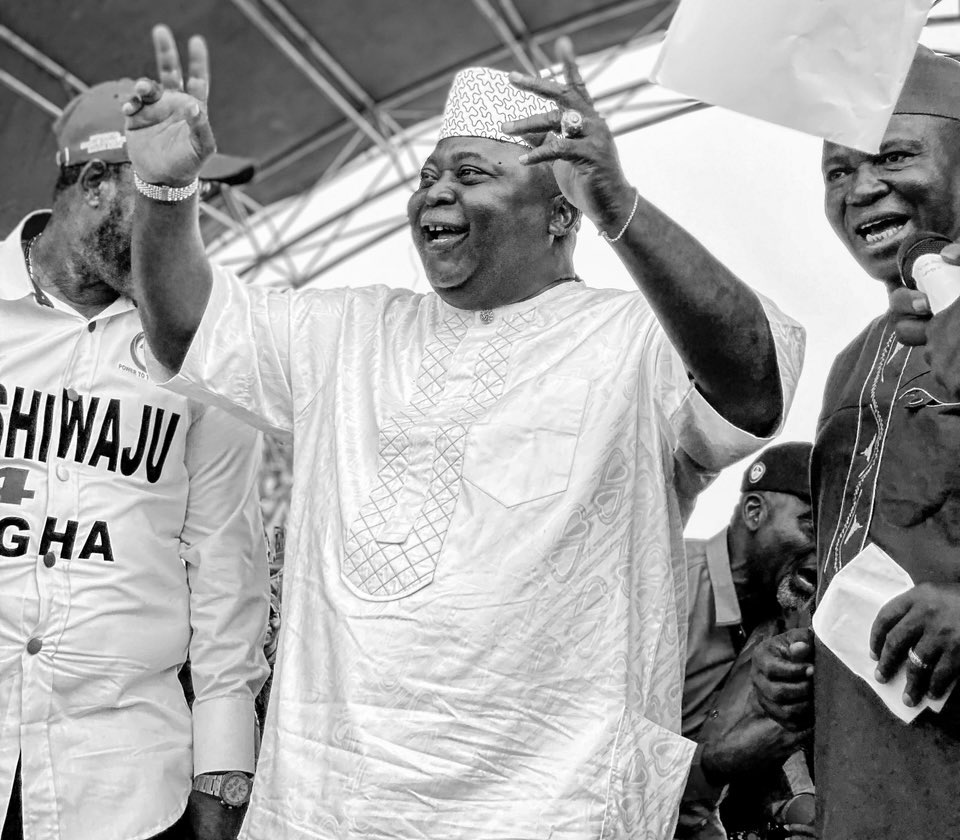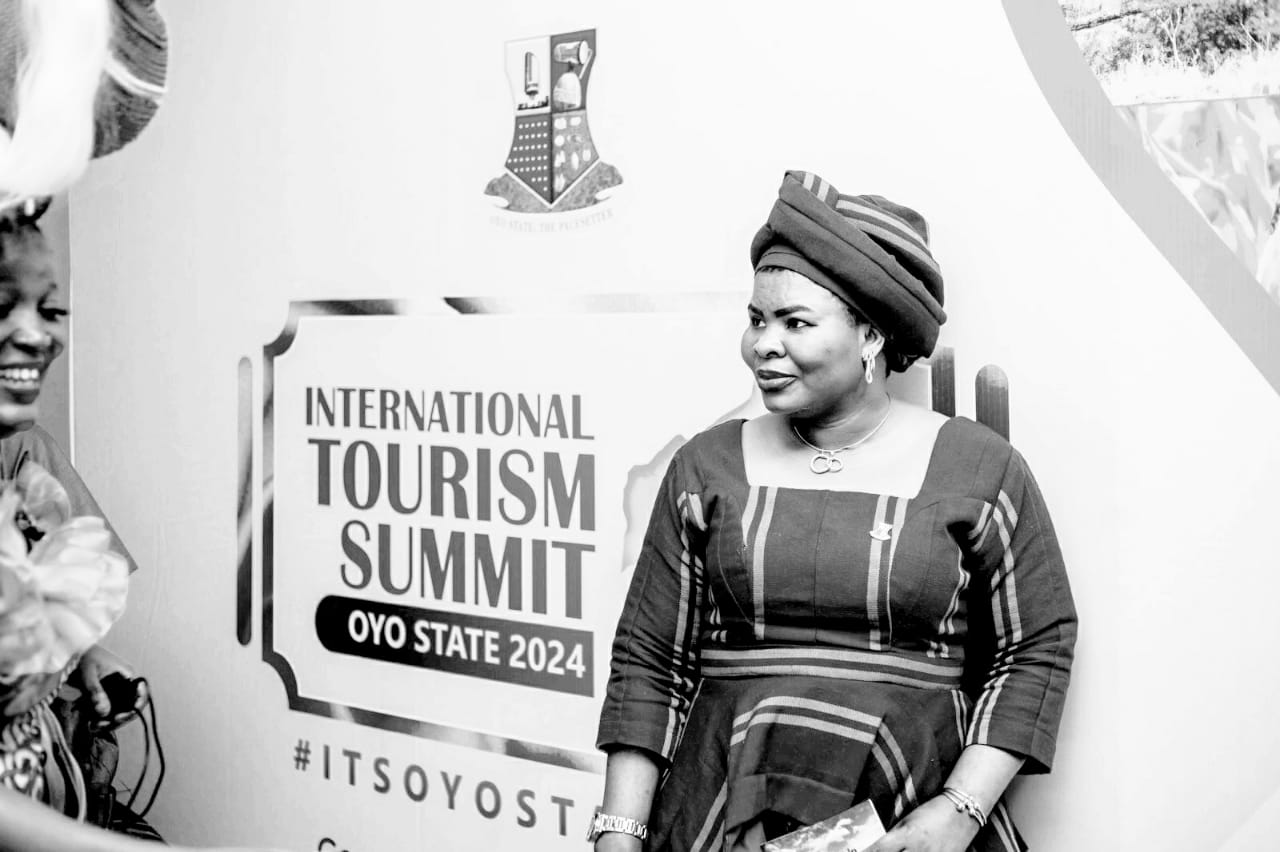Let’s welcome Ramadan — the month of deeds
By
Basheer Luqman Olarewaju
Allah, the Most Wise, prescribed the third pillar of Islam, fasting, in the second year after the Hijrah (migration) of the final Messenger (peace be upon him). Fasting is obligatory upon every sane Muslim adult, Allah the Most High says: “O you who believe! Observing As-Saum (the fasting) is prescribed for you as it was prescribed for those before you, that you may attain taqwa.” (Qur’an, 2:183)S
Anyone who seeks nearness to Allah in this month through any virtuous act will be like one who carried out an obligatory act at another time (outside of Ramadan), and whoever performs an obligatory act in this month will be like one who performed seventy such acts at another time. It is the month of patience, and the reward for patience is Paradise. It is the month of equality, the month in which the wealth of the believer is increased.

With the reward for obligatory acts multiplied, one must exert to perform them in the best of manners, and with the reward for voluntary acts multiplied one must hasten to perform good deeds. Ramadan is without doubt a golden opportunity for the one who seeks to be absolved from the Hell fire and the one who yearns to dwell in Paradise, wherein they will have all that they desire.
Many Muslims assume that when Ramadan comes they will endeavor to become obedient Muslims and do the maximum possible good deeds for the whole month. If you imagine the reality as a graph, what happens is that you start off with a peak and then the influx of deeds becomes difficult for so many reasons, so you trough or lull for much of this precious month. You then try a bit harder at the end to try to catch Laylat-ul-Qadr (the night of decree), but even then you may sleep some nights and even miss some obligatory prayers! This approach to Ramadan is not correct and will repeatedly fail. The Prophet (peace be upon him) and his companions would pray, fast, and be obedient to Allah all year round. In Ramadan, like other special times in the year, they would maximize their efforts to excel in good deeds.
Ramadan should be used as a platform to change lives, every day should get increasingly better, the case being even more so each and every year. Allah the Most High loves those deeds that are done with consistency, because they represent a Muslim’s personality, and they are the deeds that will pave the path to Jannah (paradise). Prior to Ramadan, Muslims must perform the obligatory acts; otherwise they will be punished for their negligence after this life. The obligatory acts should be supplemented with voluntary acts that are part of one’s daily routine. Once Ramadan arrives then that is the time to exceed beyond your normal deeds with more voluntary acts and increase them in a gradual manner.




















